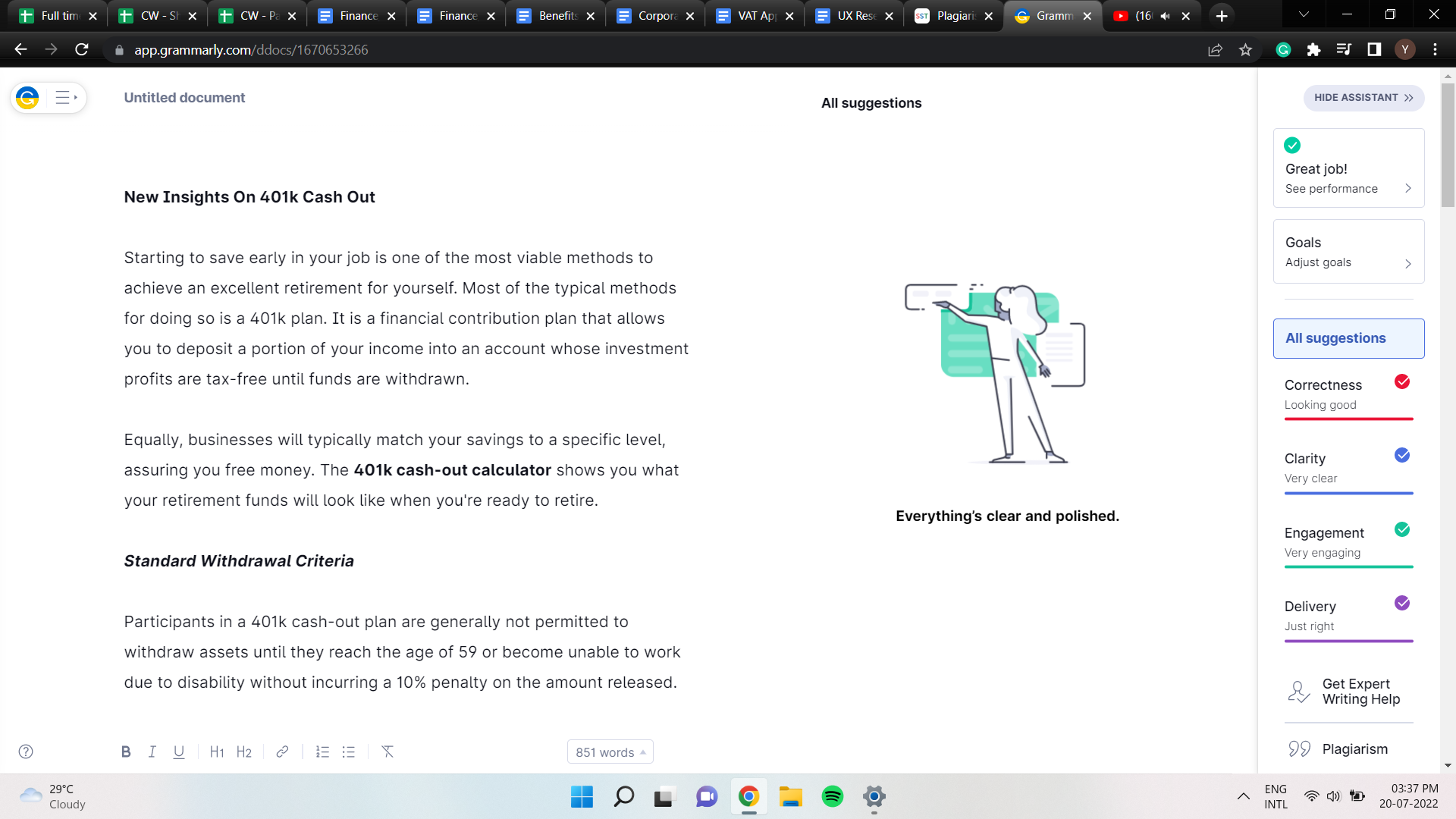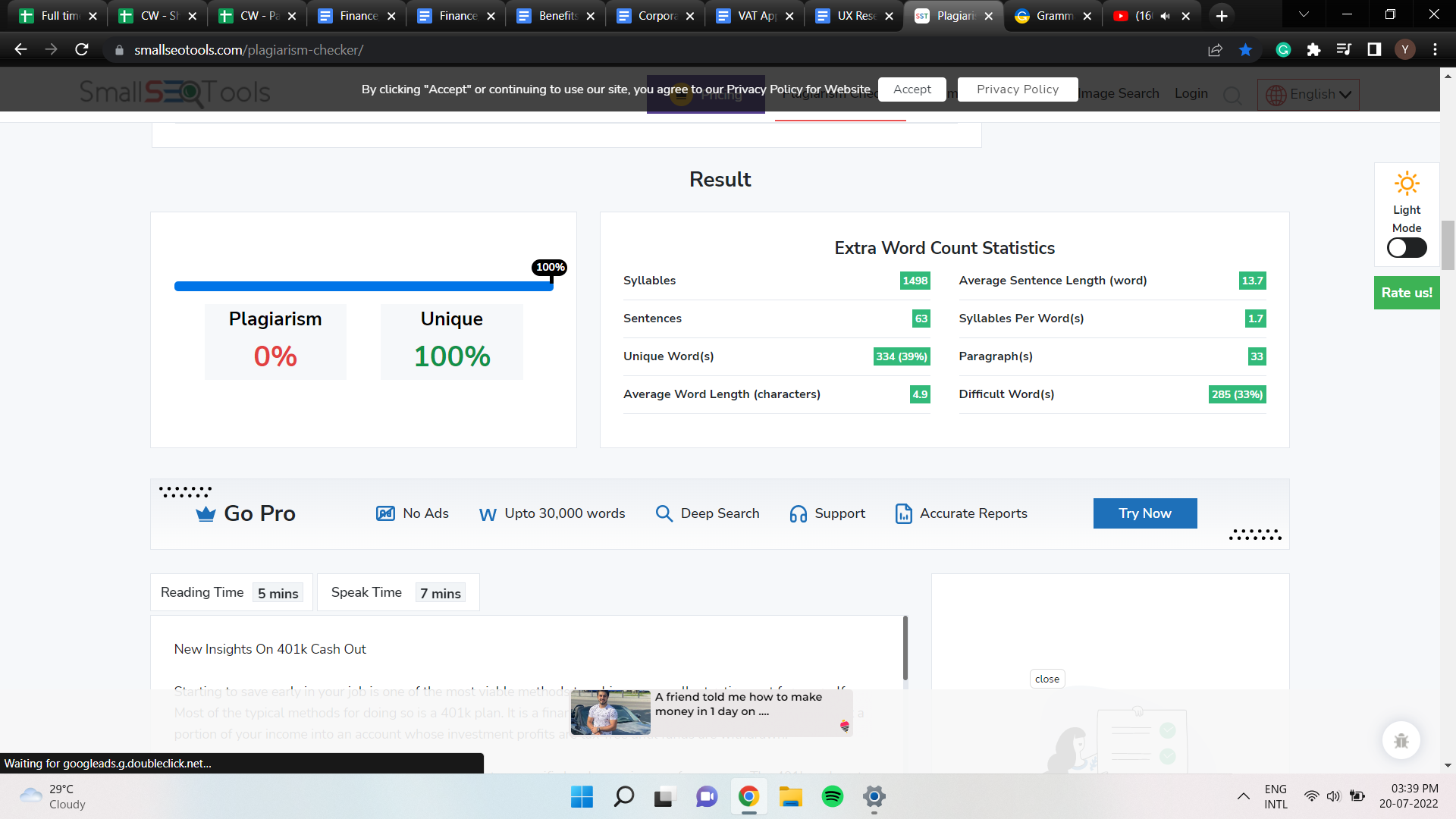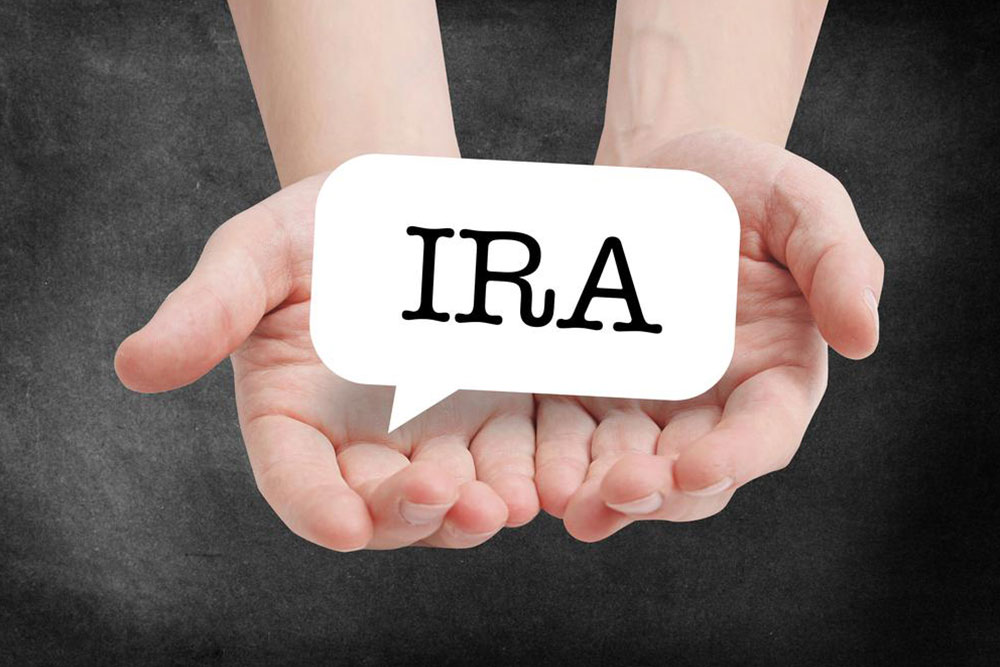Advantages and Risks of Early 401(k) Withdrawals and Alternative Options
This article explores the benefits and risks of early 401(k) withdrawals, including penalties and alternative options like loans and hardship distributions. It emphasizes responsible decision-making and consulting professionals for retirement planning. Key details on rules, exemptions, and strategies help readers maximize their retirement savings while navigating financial emergencies efficiently.
Advantages and Risks of Early 401(k) Withdrawals and Alternative Solutions
Starting your retirement savings early is a smart strategy to build a solid financial future. The 401(k) plan is a popular tool that enables employees to contribute a portion of their earnings, which grows tax-deferred until retirement. Many employers also match contributions up to a certain limit, boosting your savings potential.
Basic Withdrawal Rules
Generally, you cannot access your 401(k) funds before age 59½ without incurring a 10% penalty, unless you meet specific conditions such as severe disability, hardship, or certain employment circumstances.

Exceptions exist for circumstances like tuition payments, home purchases, or if you leave your job after age 55, especially in public sectors. Most participants, however, face these rules.
Understanding Early Withdrawal Penalties
If you need cash urgently, it’s possible to access your 401(k) before age 59½, but this usually triggers a 10% penalty plus applicable income taxes. It’s crucial to evaluate whether this is the best option, considering the tax implications.
You may qualify for certain exceptions to avoid penalties, such as financial emergencies or specific hardships, but taxes still apply. Such withdrawals can also serve family financial needs.
Should You Access Your 401(k) Early?
Before proceeding, weigh the benefits and drawbacks of early withdrawal:
Pros
No repayment requirement
Unlike loans, withdrawing early means no obligation to pay back the amount, offering quick access to funds.
Emergency funding option
As a last resort, early withdrawal can provide crucial financial relief during unexpected crises.
Cons
Tax liabilities
Withdrawals are taxed as income, reducing the actual amount received during a financial crunch.
Penalties
Unless qualifying for an exception, a 10% penalty applies, decreasing your total funds.
Reduced retirement savings
Taking funds prematurely diminishes the amount amassed for retirement, potentially impacting future income.
Alternative Options to Early 401(k) Withdrawal
Depending on your situation, there are other avenues to access funds:
401(k) Loan
You may borrow up to $50,000 or half of your account balance, whichever is less. Borrowed funds usually require repayment within a set period; failing to do so can lead to taxes and penalties. The benefit is that loans do not incur taxes or penalties if repaid on time.
Hardship Distribution
For genuine financial emergencies, you can take a hardship withdrawal without penalties, but taxes will still apply. This should be used sparingly and only for urgent needs.
Roth IRA Withdrawal
Withdrawals from a Roth IRA are tax-free on contributions because taxes are paid upfront. Earnings can be accessed without penalties if the account has been active for at least five years, primarily funding initial investments.
Final Thoughts
Use online calculators to estimate your tax liabilities and decide wisely. Consultation with a financial professional is highly recommended, regardless of your age or savings balance, for personalized guidance and to secure your retirement planning.












